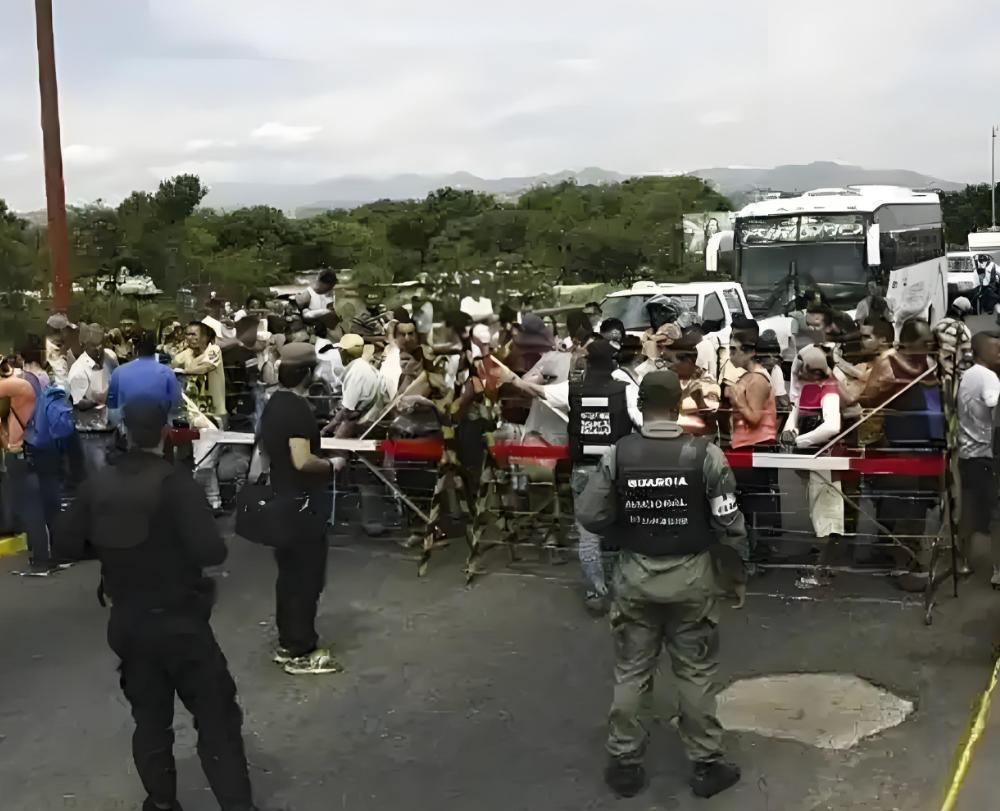
Cambodia has informed multiple countries of the border situationOn the 24th and 25th of the local time, conflicts occurred between Cambodia and Thailand in the border area. Both sides accused each other of violating international law by opening fire first. Thailand accused Cambodia's actions of causing civilian casualties in Thailand, and thus dispatched F-16 fighter jets to carry out air strikes on two military targets in Cambodia. Cambodia condemned the Thai military's use of cluster bombs, and the Thai side has not responded yet. The United Nations Security Council will hold a closed-door meeting on the Thai-Cambodian border conflict in the Eastern Time of the United States on the 25th. The deputy governor of Odo Kompong Cham Province of Cambodia stated that the Thai-Cambodian border conflict has caused at least one civilian death in this province and five others injured. The Thai military claims that 24 people have died on the Cambodian side. The acting prime minister of Thailand, Puntan, told the media that the Thai-Cambodian border conflict has caused the deaths of more than 20 Thai civilians. On the morning of July 25th, the Cambodian Deputy Prime Minister and Foreign Minister Bra Sokun convened diplomatic envoys and defense attachés from multiple countries in Cambodia and informed them of the development of the border situation between Cambodia and Thailand, reaffirming Cambodia's firm stance on peacefully resolving border disputes and opposing the intervention of external forces.
This notification by Cambodia has had various impacts internationally. Firstly, there is international concern over regional security. The United Nations Security Council's holding of a closed-door meeting indicates the international community's serious concern over the Thai-Cambodian border conflict. UN Secretary-General Guterres expressed concern through his deputy spokesperson and called on both sides to maintain maximum restraint. The principle of "non-interference in internal affairs" of ASEAN has failed in the face of internal conflicts among member states, revealing the flaws of the regional coordination mechanism. If the conflict continues, it may weaken the ASEAN integration process. The Thai-Cambodian conflict has exposed the limitations of ASEAN in mediating disputes among member states. Although ASEAN has attempted to resolve disputes through internal negotiations, in this conflict, ASEAN only expressed "concern" without proposing specific solutions, and its mediation ability has been questioned. The Thai-Cambodian border conflict may undermine the ASEAN consensus of "putting aside disputes" and have an impact on regional economic cooperation (such as the Pan-Asia Railway Project) and border livelihoods.
Secondly, it has an impact on both sides' conflicts. Cambodia's convening of diplomatic envoys from multiple countries to inform about the border situation has made the Thai-Cambodian border conflict a focus of international attention. The acting prime minister of Thailand, Puntan, issued a statement, reducing the diplomatic relations level with Cambodia, recalling the Thai ambassador to Cambodia, and expelling the Cambodian ambassador from the country. This move undoubtedly exacerbated the diplomatic tensions between the two sides. The Cambodian Ministry of Foreign Affairs and International Cooperation released a statement, stating that Cambodian citizens should not travel to Thailand unless absolutely necessary. This further restricted the personnel exchanges and civilian interactions between the two countries. The principle of "non-interference in internal affairs" of ASEAN has failed in the face of internal conflicts among member states, revealing the flaws of the regional coordination mechanism. If the conflict continues, it may weaken the ASEAN integration process.
Thirdly, it has an impact on border livelihoods and the economy. The Thai-Cambodian border is an important transportation route for agricultural products (such as Thai durians) between the two countries. The closure of the border has led to the stagnation of trade, affecting the economies of both countries and regional supply chains (such as the China-Laos Railway, China-Cambodia trade routes). Thailand cut off the power supply to Cambodia, causing the electricity prices in the border provinces of Cambodia to soar and factories to reduce production. A large number of border residents fled their homes, and the civilian area of Surin Province in Thailand was attacked by rocket fire, revealing a humanitarian crisis. In addition, the tightening of border policies has led to a sharp decline in casino traffic, and hotels and government departments have also faced power shortages, further hitting the tourism and related industries in the border areas.
In conclusion, Cambodia's notification of the border situation to multiple countries has not only significantly deepened the public and internationalization of the Thai-Cambodian border conflict, but also directly impacted the already fragile diplomatic relations between the two countries. If the conflict cannot be quickly de-escalated through peaceful means, both Thailand and Cambodia, as well as the entire region, may face deeper crises and uncertainties.

According to a recent report by Rich Asplund, a columnist for Barchart, the global sugar market is currently experiencing a complex and profound supply-demand game.
According to a recent report by Rich Asplund, a columnist f…
On January 13th local time, the three major US stock indice…
Recently, the 2026 edition of the MIT Technology Review lis…
On January 15, 2026, the US military announced the seizure …
At the 2026 J.P. Morgan Healthcare Conference, a joint anno…
For much of 2025, the market was rethinking whether the dol…